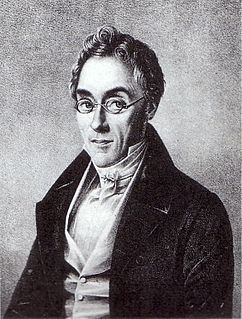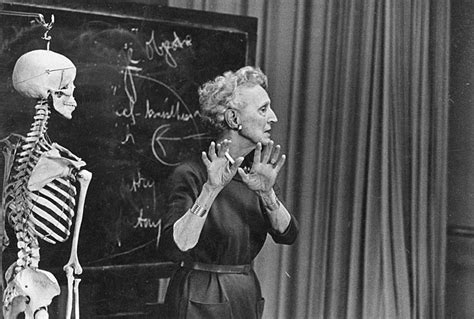A Quote by T. E. Lawrence
The desert was held in a crazed communism by which Nature and the elements were for the free use of every known friendly person for his own purposes and no more.
Related Quotes
The greater the scientist, the more he is impressed with his ignorance of reality, and the more he realizes that his laws and labels, descriptions and definitions, are the products of his own thought. They help him to use the world for purposes of his own devising rather than understand and explain it.
Indeed, we need not look back half a century to times which many now living remember well, and see the wonderful advances in the sciences and arts which have been made within that period. Some of these have rendered the elements themselves subservient to the purposes of man, have harnessed them to the yoke of his labors and effected the great blessings of moderating his own, of accomplishing what was beyond his feeble force, and extending the comforts of life to a much enlarged circle, to those who had before known its necessaries only.
There exists a powerful energizing force in the spiritual life principle. All energy began with the Creator, who infused it not only in all natural processes, but also into that higher form of nature called human nature. The more closely, then, that a person identifies with the Creator, the more surely that person will experience within his or her own nature the process of re-creation which operates in all creation.
When the great religious and philosophical conceptions were alive, thinking people did not extol humility and brotherly love, justice and humanity because it was realistic to maintain such principles and odd and dangerous to deviate from them, or because these maxims were more in harmony with their supposedly free tastes than others. They held to such ideas because they saw in them elements of truth, because they connected them with the idea of logos, whether in the form of God or of a transcendental mind, or even of nature as an eternal principle.
Man's origin was as spirit, not a physical body. These souls projected themselves into matter, probably for their own diversion. Through the use of his creative powers for selfish purposes, man became entangled in matter and materiality to such an extent that he nearly forgot his divine origin and nature.
Every child has a right to know how to achieve control of his body in order that he may use it to the limit of his ability for the expression of his own reactions to life. Even if he can never carry his efforts far enough to realize dance in its highest forms, he may experience the sheer joy of the rhythmic sense of free, controlled, and expressive movement, and through this know an addition to life to which every human being is entitled.
In the first seat, in robe of various dyes,
A noble wildness flashing from his eyes,
Sat Shakespeare: in one hand a wand he bore,
For mighty wonders fam'd in days of yore:
The other held a globe, which to his will
Obedient turn'd, and own'd the master's skill:
Things of the noblest kind his genius drew,
And look'd through nature at a single view:
A loose he gave to his unbounded soul,
And taught new lands to rise, new seas to roll;
Call'd into being scenes unknown before,
And passing nature's bounds, was something more.
Since freedom is not a fixed thing that can be grasped and held once for all, but a growth, any particular society, such as our own, always appears partly free and partly unfree. In so far as it favors, in every child, the development of his highest possibilities, it is free, but where it falls short of this it is not.



































